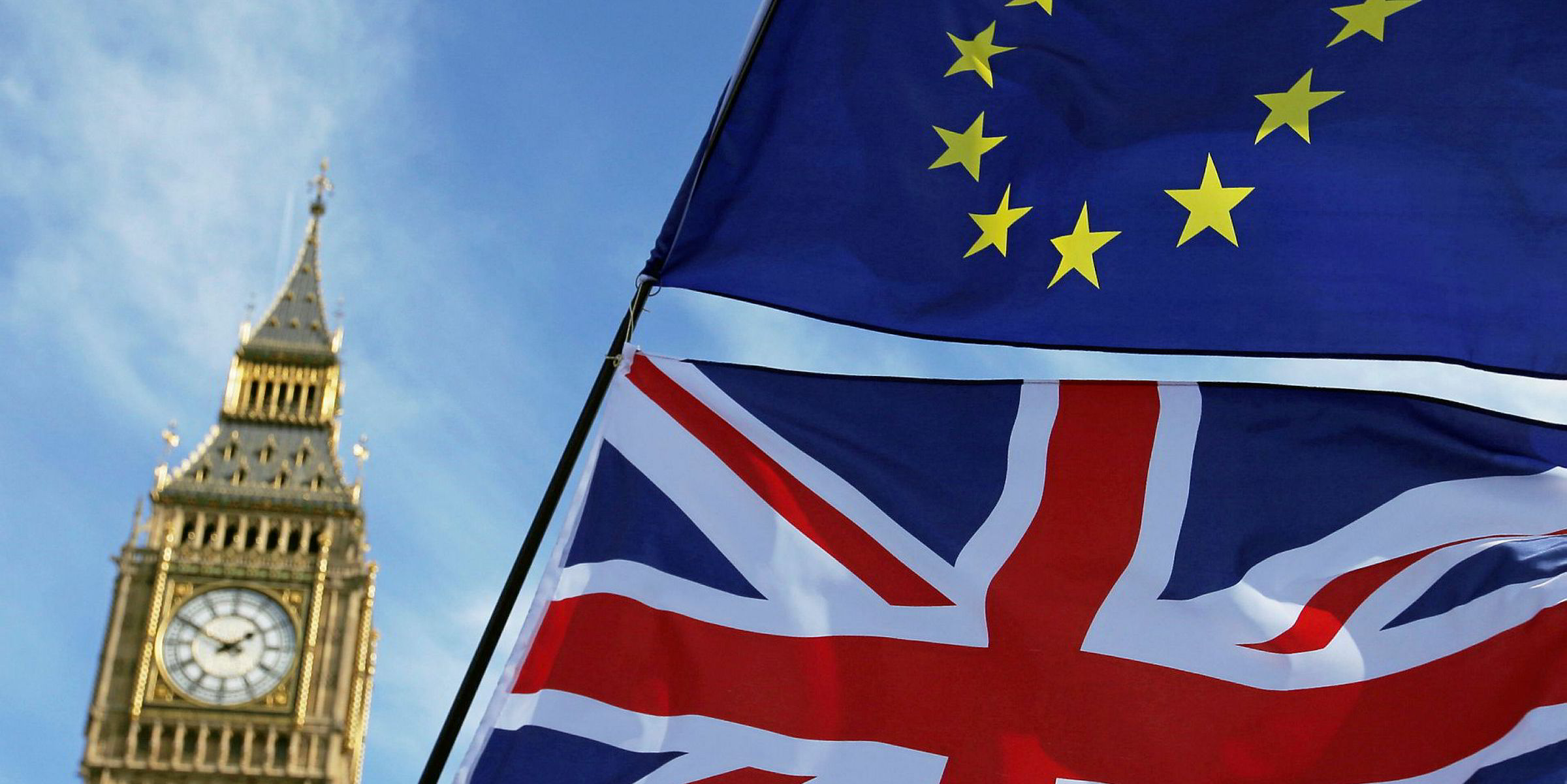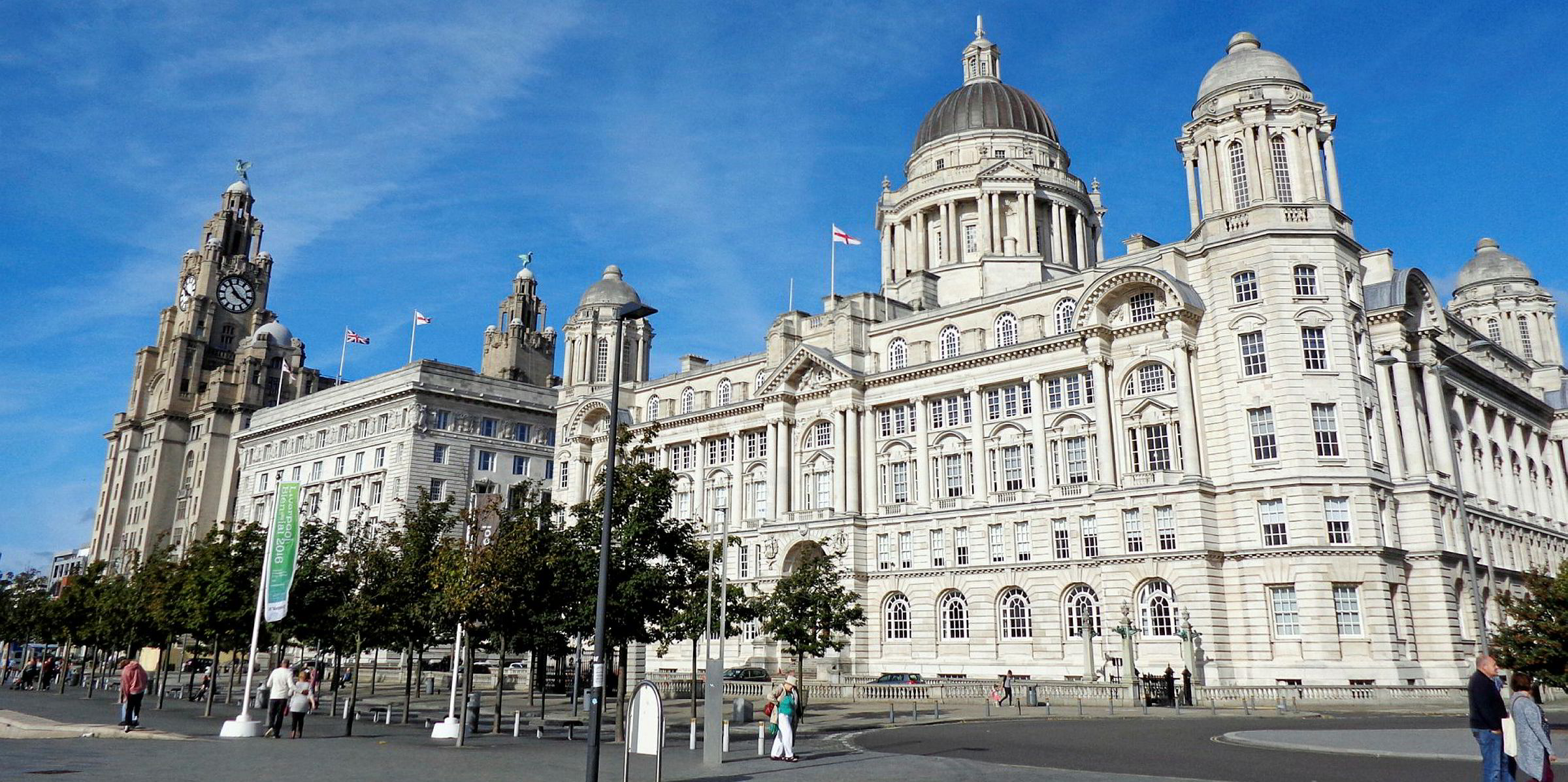At a moment when a UK government looks set to inflict the biggest damage on the nation since the Second World War, it seems odd to hand out praise. But ministers — particularly accident-prone Secretary of State for Transport Chris Grayling — have signed off a surprisingly inspiring and coherent shipping strategy in among the avoidable chaos of Brexit.
The “Maritime 2050 — Navigating the Future” policy blueprint shows how UK shipping could progress with or without an exit from the EU.
The report is largely aspirational and, frustratingly, there are no firm spending commitments or strict timetables.
One is also aware that these kinds of upbeat documents can be often derailed later by budgetary constraints or political wrangling.
It is also sad to note that not one mainstream media outlet, as far as I could see, picked up on this and deemed it worthy to write about.
It was either badly launched or are reporters, like policymakers, completely fixated on the Brexit negotiations?
No doubt the media silence also reflects that few people in the UK care about shipping.

But Maritime 2050 is interesting and credible. It says the “UK is determined to be world leading in the design, manufacture, uptake and use of smart shipping technology”.
The UK insists it will use its position as host of the IMO headquarters in London to “maximise our leadership role in the organisation”.
The policy document promises “ever-closer collaboration” between government and the maritime sector to ensure competitive advantage.
There will be “potential government intervention to establish an ultra-deep port in the UK” as well as supporting a Maritime Innovation Hub in another UK port and regional research and development (R&D) clusters at smaller docks.
'Zero-carbon shipping'
“By 2050, the UK will actively drive the transition to zero-carbon shipping in its waters, moving faster than competitive countries and international standards to capitalise on the economic benefits to be seen as a role model in the field,” the document says.
This is all good stuff, but will it be delivered by the UK’s traditional “leave it all to the markets” approach? Surely robust state leadership and significant levels of public cash for R&D are needed?
China, South Korea and other leading maritime nations know success is not built on either aspiration or purely the private sector.
Also, there is an absence of information and policy when it comes to British shipbuilding, except with regards to military needs.
There are also hints in the policy document of the kind of rhetoric coming out of the UK, which paints an overblown picture of the country’s current achievements and place in the world.
This is in line with pro-Brexit propaganda that has presented the UK as an exceptionalist global leader, only held back by bureaucrats in Brussels.
The British do not need Brexit, but they do need a change of economic and political policies that rebalance the north of the country with the south, manufacturing with services
Sadly Brexit-voting Britons — angry about their standards of living having plummeted due to past deindustrialisation and recent austerity programmes — have largely been sold a delusion. They have blamed the EU for a national crisis that is home grown.
Modesty needed
A bit of modesty would help. The UK has failed to come to terms with the end of the Empire and has been unable to create a just and equitable political and economic settlement that helps all regions — and social classes. This has left the country unstable.
Buying blindly into a winner-takes-all, neoliberal business culture has left the UK happily selling abroad its mercantile crown jewels such as ports and ferry companies. Hence the UK has a potential post-Brexit shipping emergency that forces the government to spend more than £100m ($128.5m) chartering in EU-based companies — or relying on a British-based start-up business without vessels at least until scrapping that forlorn plan this week.
The UK can create a new worldwide empire — but a commercial one: using new technology to conquer climate and cost challenges.

Some of the plans outlined in Maritime 2050 offer a chance to do this, using blockchain, automated ships and low-carbon research.
The British do not need Brexit, but they do need a change of economic and political policies that rebalance the north of the country with the south, manufacturing with services.
Centres of excellence should be created in post-industrial locations with proud maritime histories, such as Glasgow, Liverpool and Sunderland.
A more inclusive industrial and political strategy would rebuild alienated communities and give everyone a stake in the future.
The UK should think local to go global, and use the maritime sector as a springboard.



